On Liberty
by John Stuart Mill
Is diversity of opinion valuable? Why should we care about free speech? When can someone legitimately interfere in our lives to stop us from doing something? What should restrict the scope of our personal liberty?
On Liberty by John Stuart Mill was originally published in 1859, but his exploration of these questions still feels incredibly contemporary. On Liberty remains a central text of the modern liberal tradition, as our interviews below with philosophers, politicians, historians and political commentators make clear.
Recommendations from our site
“What this book does is hammer home one truth. Mill described it as a ‘philosophic textbook of a single truth’. According to him it was hugely influenced by his discussions with his wife, Harriet Taylor, though she didn’t physically write it, and it’s his name on the cover. As the title suggests, it’s focused on liberty, on freedom. It puts forward what’s come to be known as ‘the harm principle’ which is that the only justification for the state or other people interfering with the lives of adults is if they risk harming others with their actions” Read more...
Key Philosophical Texts in the Western Canon
Nigel Warburton, Philosopher
“On Liberty is the classic statement of traditional liberal values about the limits of state coercion. It’s an eloquent argument for personal liberty on the grounds that it’s the condition in which human beings are most likely to flourish and be happy.” Read more...
The best books on The Rule of Law
Jonathan Sumption, Historian
“Mill points out that very often, throughout history, people have thought that they were certainly right, and then turned out to be quite wrong.” Read more...
The Best Nineteenth-Century Philosophy Books
Peter Singer, Philosopher
“Mill is one of those mildly irritating authors like Tocqueville, who say so much so well that it’s difficult to say it better.” Read more...
Timothy Garton Ash, Historian
“What we’re having to relearn now is the fire-in-the-belly liberalism that drove Mill to write On Liberty in the first place.” Read more...
Nick Clegg on his Favourite Books
Nick Clegg, Politician
“The problem Mill sees is that society tries to suppress individualism. He thinks social institutions like education and religion and politics always push you towards conformism.” Read more...
The best books on Philosophy in a Divided World
Carlos Fraenkel, Philosopher
“On Liberty is a very important document, and one which, because of the clarity with which one can read it and its brevity, is slightly passed over.” Read more...
A C Grayling, Philosopher
“What is rich about this work is that it doesn’t just assert the importance of free speech for the speaker without going into why it is important.” Read more...
The best books on Freedom of Speech
Claire Fox, Social Scientist
“I think liberals, of both a libertarian, classical, liberal stripe and a more modern egalitarian stripe, see John Stuart Mill as a common ancestor.” Read more...
The best books on Traditional and Liberal Conservatism
Brink Lindsey, Political Commentator
“Imagine how John Stuart Mill would feel if he were made to wear a seatbelt because the federal government tells him so.” Read more...
The best books on Libertarianism
Anne Heller, Journalist
“He thinks that individuality is a good thing in itself, in a romantic way, but also seems to think that by allowing the liberty of thought and discussion, including the liberty to make mistakes, that that has a positive effect overall.” Read more...
Timothy Stanton, Philosopher
OK, it’s true that it’s not strictly necessary to read John Stuart Mill’s On Liberty as an ebook, but we’ve included it because it is the first ebook published by Five Books. Our deputy editor Cal Flyn, who runs the ‘Five Books Essentials’ publishing project, chose it because it’s the book that’s been most frequently recommended by experts on Five Books. For the ebook, she’s written a really nice introduction, pulling together some of the reasons why it’s considered so important. And it remains timely: as the democratic world continues to impose heavy restrictions on citizens’ freedoms to prevent the spread of disease, On Liberty’s arguments about the legitimate extent of government action may take on a fresh importance.
Five Books has also published George Eliot’s Middlemarch.
Commentary
The appearance of the author of the treatise On Liberty (which we students of that date knew almost by heart) was so different from the look of persons who usually address crowds…
There is much that is true in the part of Mr. Mill’s essay on Liberty which treats of freedom of thought; some important truths are there beautifully expressed, but many, quite vital, are omitted; and the balance, therefore, is wrongly struck.
[On Liberty] affected me in making me a clearer-headed, braver-minded man on the spot.
Have you seen Mill’s book on Liberty? It is worth reading attentively, being one of the few books that inculcate tolerance in an unalarming and inoffensive way.

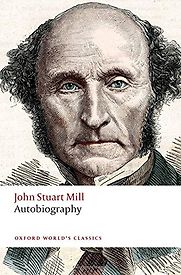
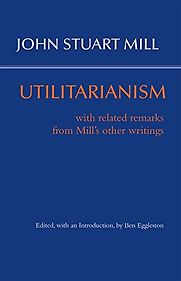
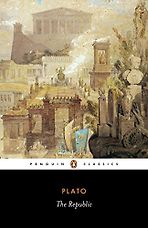
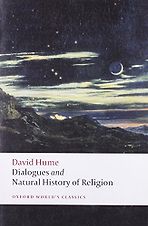

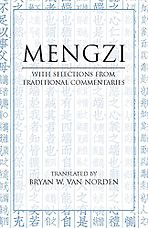

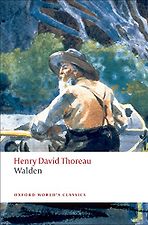
The book, according to the author